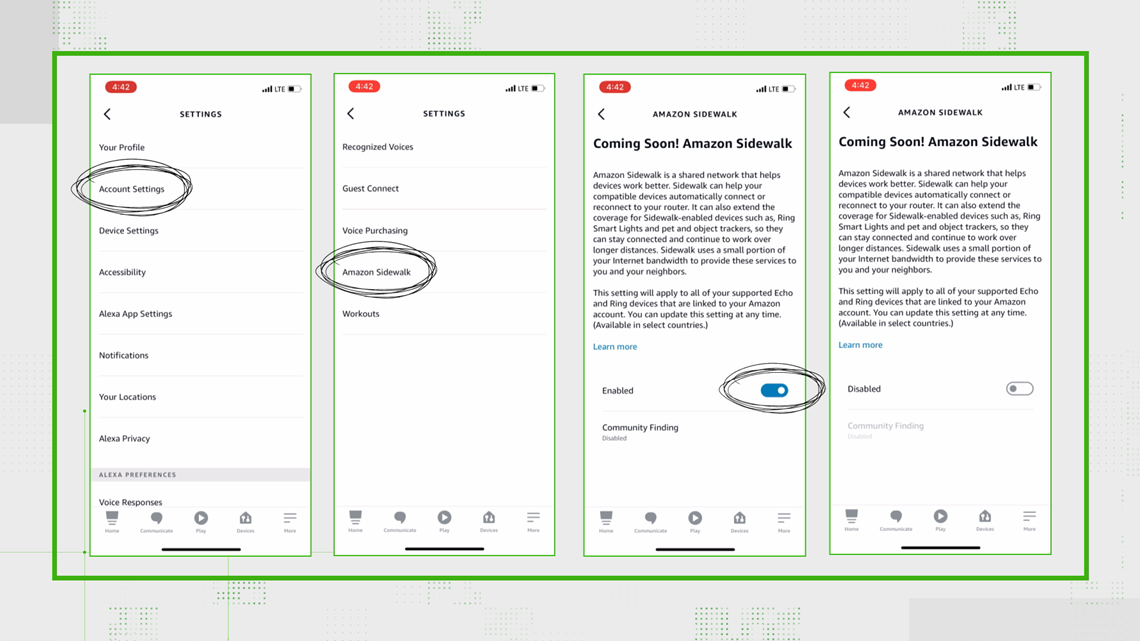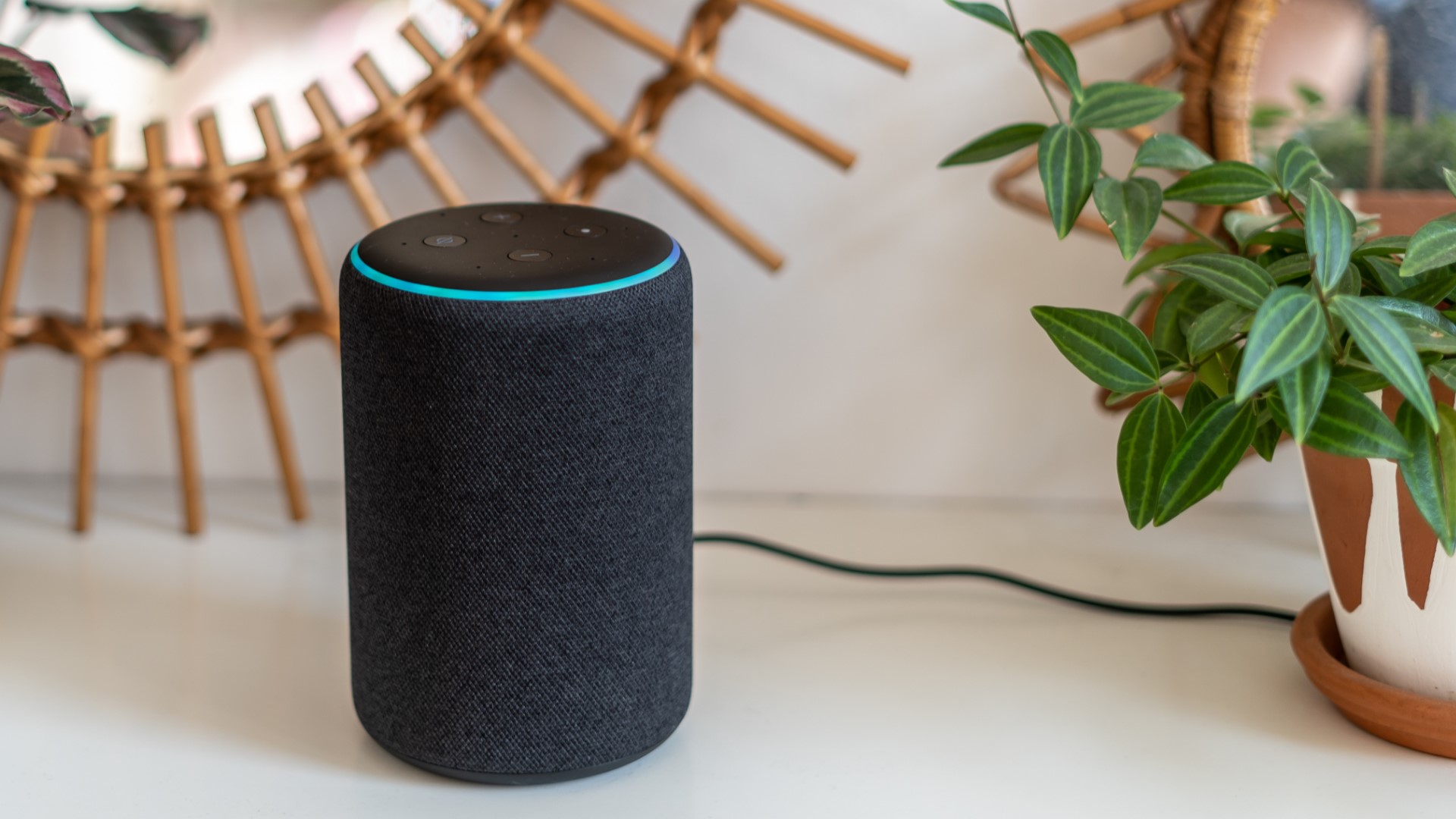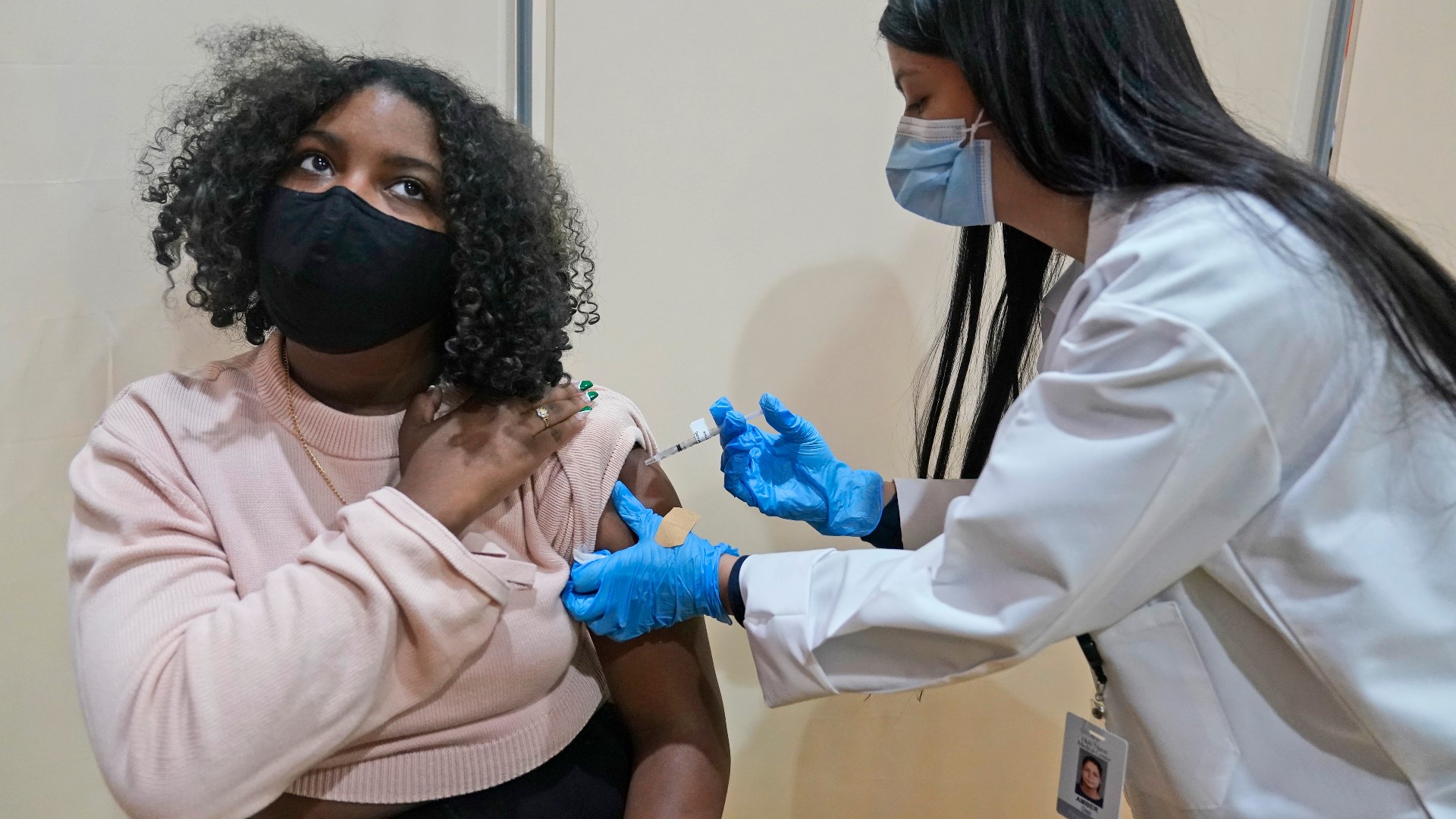WASHINGTON — After months of delays, Amazon Sidewalk will launch on June 8. All compatible Amazon Echo and Ring devices in the United States will automatically log onto the new neighborhood networks, which are made up of a little bit of every customers' internet bandwidth.
Even though Amazon published a white paper with all of their public privacy and security information, lots of people on social media say you should opt out of it while you still have a chance; otherwise, your Amazon devices will join this nationwide, neighborhood network.
THE QUESTION
Will all Amazon devices join Amazon Sidewalk on June 8th?
THE ANSWER
No. Many, but not all, devices will update their systems to Amazon Sidewalk; Amazon has dubbed them "Sidewalk Bridges." Amazon says on their website that "Sidewalk Bridges include many Echo devices and select Ring Floodlight and Spotlight Cams."
WHAT WE FOUND
Those who want to stay out of the network share can easily opt out in the settings and account settings of their Alexa or Ring apps. Otherwise, all of the following devices will automatically get the software update which launches Amazon Sidewalk: Ring Floodlight Cam (2019), Ring Spotlight Cam Wired (2019), Ring Spotlight Cam Mount (2019), Echo (3rd gen and newer), Echo Dot (3rd gen and newer), Echo Dot for Kids (3rd gen and newer), Echo Dot with Clock (3rd gen and newer), Echo Plus (all generations), Echo Show (2nd gen), Echo Show 5, 8, 10 (all generations), Echo Spot, Echo Studio, Echo Input, and Echo Flex.


The tech giant says Sidewalk could come in handy during a Wi-Fi outage; if your router goes out, your Ring security cameras could connect to a neighbor's to stay functioning. Dave Levin, Assistant Professor of Computer Science at the University of Maryland, says it could also be helpful for devices on the outskirts of your property.
"What Amazon Sidewalk is trying to do, as I understand it, is they're trying to leverage the fact that while your devices might not have the best internet connectivity within your home," Levin says. "Sometimes they might actually have a really good connection to devices in your neighbor's home, or somebody nearby."
Tile Bluetooth Trackers are some of the first devices to partner with Amazon on this new system; their trackers can be attached to keys, wallets and even pets. Before, if you lost your keys, your tile would search for a Bluetooth signal, and someone with the Tile app would need to be nearby for you to get a notification they had been found.
In theory, Tile's partnership with Amazon Sidewalk would make it more likely to locate your lost items by having more active Bluetooth signals everywhere. It could also set a precedent for more companies to sign contracts with Amazon to access it's new nationwide mesh network. Levin says this could mean Amazon would be able to harvest more location and habit data from Americans using their services.
"What Amazon starts to learn is, potentially, mobility patterns," Levin explains. "Where are people located? Where did your dog go? Where do you go on walks? Where do you go when you're on runs?"
But here's the thing — if you have an iPhone or a Facebook account, they're probably already collecting your mobility data. These big tech companies, Levin says, can make a lot of money off of this data. It can be sold in aggregate for advertising purposes, like Instagram ads or targeted political ads.
"If you're concerned about how much information Amazon is getting, then the fact that you have a series of microphones and cameras installed in your home that are able to send data back to Amazon servers," Levin laughs, "I think you've already sort of adopted a little bit of that trust of Amazon."


